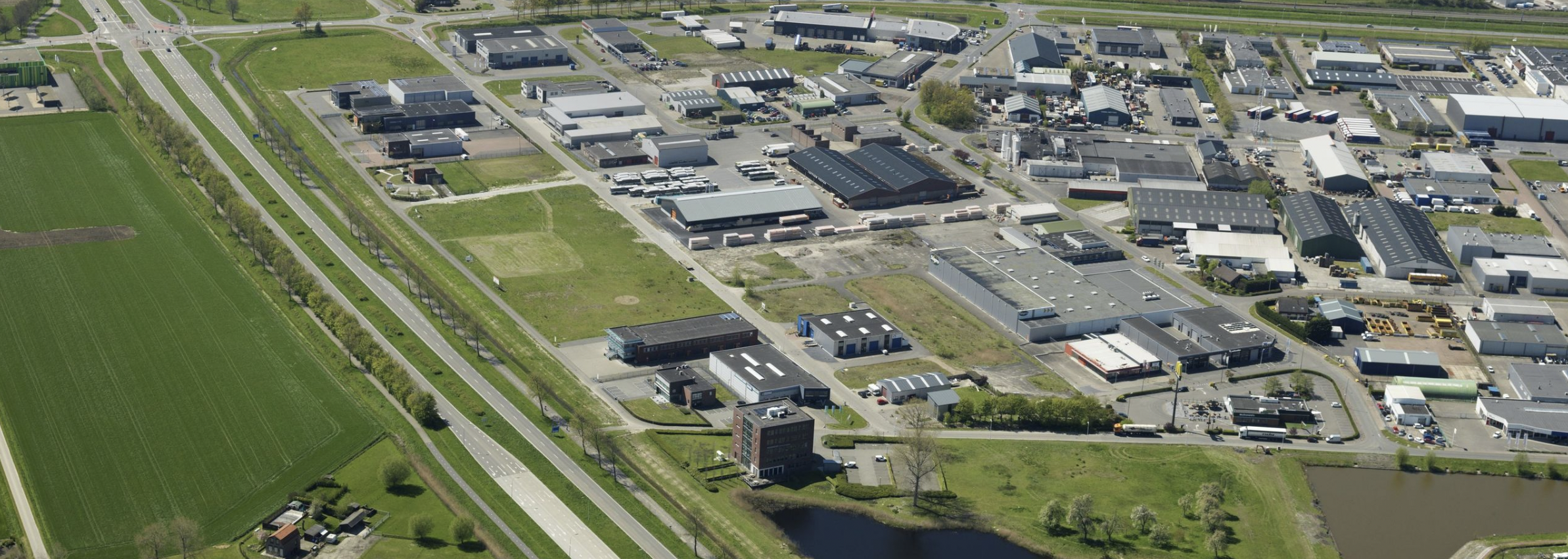Companies in the Netherlands can make significant impact on reducing global CO2 emissions
There is an important role for companies operating in the Netherlands in meeting global climate goals. For the 4th EY Climate Barometer, 74 companies were surveyed with a combined supply chain responsibility for 2.4% of global CO2 emissions. Because, although 34% of these companies provide information on the use of climate-related scenario analyses, 85% do not yet quantify the impact of climate change on their business. In doing so, they fall seriously short of the TCFD recommendations.
This article previously appeared at www.duurzaam-ondernemen.nl.
This is according to the Climate Barometer 2023, the fourth annual survey by accounting and consulting firm EY into the extent to which companies in the Netherlands report on their efforts to contribute to the climate goals set. For this barometer, the integrated annual reports, sustainability reports and websites of 74 companies in the Netherlands were analyzed. For the barometer, the companies surveyed were divided into nine different sectors within the categories of financial service providers and physical and non-physical goods and services.
TCFD framework
.As a starting point for the analysis in the Climate Barometer, the framework of the Taskforce on Climate Related Financial Disclosures (TCFD) was taken. The TCFD was created by the Financial Stability Board (FSB) in 2015 to provide a set of recommendations for effectively reporting climate-related risks. The TCFD's framework includes 11 recommendations covering four themes: Governance, Strategy, Risk Management and Objectives. These recommendations are currently voluntary but will become part of the legally mandated Corporate Sustainability Reporting Directive (CSRD).
According to Anke Laan, lead partner climate change & sustainability services at EY in the Netherlands, the Netherlands can play an important role in meeting climate goals. 'We tend to think that as a country we are only a small player. But if we look at our entire emissions accounts, we have the potential to carry much more weight. After all, companies need to take into account the emissions of the entire value chain, not only their own emissions but also the emissions of their suppliers and customers. For this, it is crucial that they start working with "science-based net zero targets. With this, emissions can be reduced throughout the value chain because more and more chain partners will set reduction targets. This creates a domino effect, which is necessary to achieve the objectives of the Paris climate agreement.'
Analysis results
.On average, the surveyed companies in the Netherlands were found to pay attention to the eleven TCFD recommendations in their climate risk reporting. This is a 9% improvement over last year. However, the quality of the information provided remains stuck at an average of 44%, 6% more than was found in the previous measurement. That means, according to Taco Bosman, partner climate change & sustainability services at EY in the Netherlands, that companies still do not adequately address the four TCFD themes in their reports, namely: Governance, Strategy, Risk Management and Objectives. 'Outstanding are the finance, insurance and real estate sectors with qualitative scores of 54%, 53% and 52%, respectively, and excellent scores on the attention they give to TCFD recommendations in their reports.'
Other notable results from the Climate Barometer include:
- While only 34% of companies surveyed provide information on climate-related scenario analyses, 85% do not address in their reports the actual or potential impact of climate change on their companies' operations;
- 74% of companies report on climate-related risks but in the majority of cases focus on transition risks (e.g., carbon taxes, laws and regulations, and liability) as opposed to physical risks such as extreme climate events (e.g., hurricanes, heat waves) and long-term climate changes (rising temperatures, increased precipitation, drier summers);
- Of the companies surveyed, 58% said they also see climate-related opportunities. It is notable that these companies are leading the way in their climate reporting and scores on the TCFD themes which leads to the assumption that there is a link between a progressive desire to want to report on climate impact and discovering potential opportunities in the transition to a sustainable economy.
